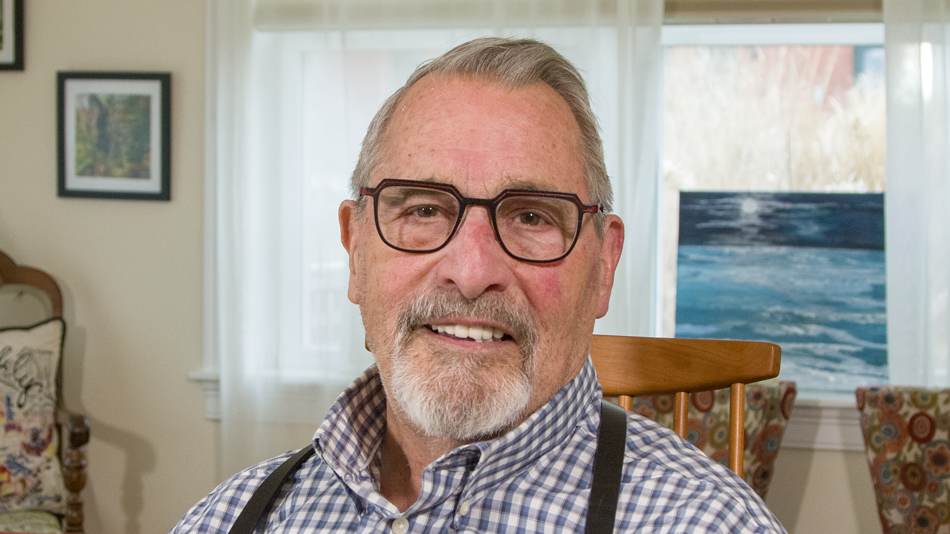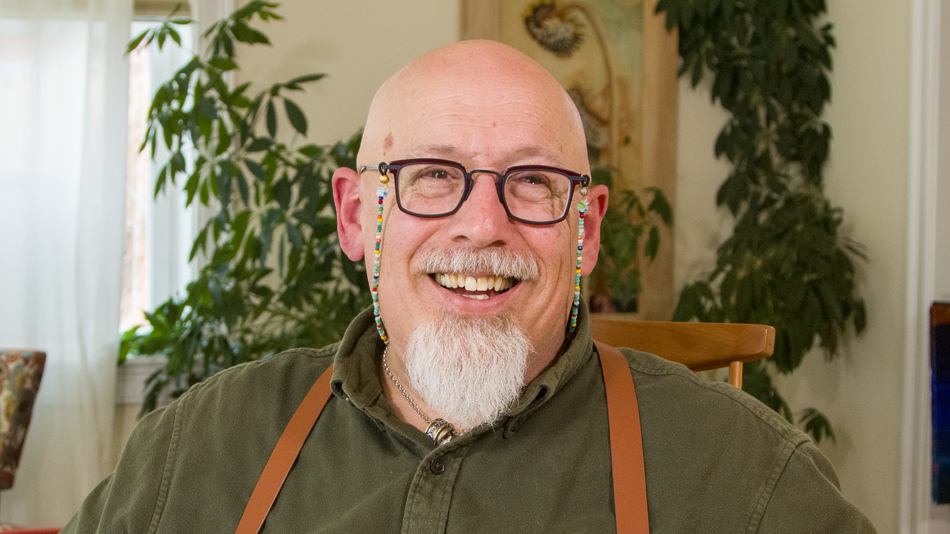
I went to graduate school at the University of Texas at Austin. Graduated in 1980. Since then, I have maintained contact with some of my classmates who became good friends and we even had a 25th reunion in Austin a few years ago.
So I was honored when I got a message in January from the School of Social Work saying that they had nominated me to be part of a special publication to celebrate the 100th anniversary of the graduate program at UT Austin. They told me that they would be gathering stories of graduate alumni for a special commemorative book. Of course, I was honored to be considered and said I’d be happy to participate.
In February, I got a message from the Director of Communications for the Graduate School, inviting me to share a story related to my graduate degree and career such as: a lesson learned, an achievement I am proud of, an impact I have made, a dream fulfilled, an unexpected path my life took, a challenge I’ve overcome and/or some funny/important moment from my career. So I set about to write the “300-700 words” asked for.
When I sent in the original, here is what the response was: “This is a great start for a story. If you don’t mind, I would like to send it to my editor. We are having all different lengths of stories and trying to categorize them into various categories we’ve developed. So, depending on where we put it, we might want it this long or a little shorter. I will definitely send it to you after the editor has made any changes for your review.” Sounds encouraging, but then a few days later, here is what they sent me:
“So, I’ve taken a stab at editing and cut it down to about 570 words. I have a feeling once I hand it over to my editor, it might be cut some more. But, I wanted to get your feedback on what I’ve done so far. You’ll notice I took out the references to MSM (men who have sex men) and the story about the young man in Morocco, as well as the reference to your life as a gay man. While I think these are important points in the story, I asked around my office and feel that for a book of this type, it is not the right place to include that content. I hope that doesn’t offend you in any way – that is not my intention at all!”
So a bit of background before continuing with the story: in the text I talked about my current work with UNAIDS in which we are undertaking an initiative to address the HIV-related needs of MSM, sex workers and injecting drug users. And I talked about an encounter in Morocco with a young gay man who told me about the impossible conditions for him in being openly gay in his country. I also mentioned that I am gay.
Here is what I wrote back:
“Overall, the editing is fine. But I will be honest with you: one of the things I am working on at the global level is ensuring the human rights and dignity of men who have sex with men – in this country, we mostly self-identify as gay, but in many countries a gay identity may lead to death! Look at the current legislation pending in Uganda which is making a big splash in the news these days.
“I am proud that President Obama and Secretary of State Clinton are addressing these homophobic situations in which people’s lives are literally at stake. So I have to be honest with you, it does indeed surprise and offend me that it’s okay to leave in references to sex workers and drug users (and I am glad you agree on this), but MSM are written out and ‘not the right place to include that content’.
“One of the things I learned at UT in the School of Social Work is to be inclusive and to respect the dignity of all communities. I grew up in a South that did not respect the human rights of people of color and I am glad that this country has come a long way in that regard. We’ve also come a long way in respecting the human rights and dignity of women who, in my mother’s generation, were not allowed to work in certain professions and did not (still do not) earn equal pay to men for equal work. And one of the struggles of our time is the human rights and dignity of gay men and women. It is a big part of my personal and professional struggle.
“So I would very much appreciate it if you would reinsert the references to MSM. And yes, there are gay men who have graduated from UT and who are currently students at UT, so recognizing this in such a book is indeed ‘the right place to include that content’. They should have ‘role models’ and see that they can reach their full potential – and be supported by an institution as renowned as UT. I do hope you will agree.”
I copied the Dean of the School of Social Work to get her reaction.
The response the next day was “I completely understand your point of view and will do everything I can to reinsert the sections of text referring to MSM. I will work with my editor and get something back to you as soon as possible. My sincere apologies for having offended you.”
And the Dean responded as follows: “I do agree with you and I’m pleased that (the editor) will include your work in this area.”
March 1st, I got a message that said “I have revised the story and Dean White approved it, however, I just need to hear from my boss to make sure it reads well with him. I’m hoping to have it to you this afternoon!” Followed a day later by “Here is the revised draft. Please let me know your thoughts. So you know, I’ve taken out the specific references to MSM, drug users and sex workers, but have included the story about your experience in Morocco. I’m hoping this compromise meets your standards.” Sigh!
Again, my response:
“I am attaching a slightly revised draft, hope it is okay with you. Let me explain the changes: …I think it is important to name the marginalized populations. A big part of my current struggle is to make sure that they do not remain invisible – this is where the stigma and discrimination kills as much as if not more than just being marginalized; the reason we use the term “men who have sex with men” is that many MSM do not self-identify as gay. This is a term not only used in the UN, but you will find it on US government sites such as the CDC. In the response to HIV in this country and abroad, MSM who do not identify as gay are a big part of the ongoing epidemic because they feel so much shame, and stigma from their communities.”
The come back:
“I just needed to get the final okay for your edits from my Dean and she has been super busy. But, we just had a chance to sit down and review the story and we are both totally fine with the version you edited.”
And finally, my response back:
“Excellent! Very much appreciated. I hope that I have not been too hard in this process, but I feel it is important to stand up for the human rights of people who are too often at the margins of society and face huge issues of stigma and discrimination. The School of Social Work taught me well!”
So the final version includes MSM, gay issues, sex workers and injecting drug users!
It amazes me that in 2010 in an institution as ‘progressive’ as UT Austin (and for you non-Texans, UT Austin and Austin are indeed very progressive!) that this still happens! They couldn’t even use the word ‘gay’ in my original write up!
A final word from the Dean of the School of Social Work:
“I know this “honor” has revealed just how far we have to go at our University. I wish I could say that I’m surprised at the position taken, but in my years here I am very aware of the distance we still have to travel in regard to awareness and acceptance of all people. I do apologize that this is what we must still overcome, and I am so glad that you didn’t just give up and refuse the invitation. You are doing such important work and we are proud of you and your affiliation with the School of Social Work and the University of Texas.”
We may have come a long way, but we still have a long way to go!








Share